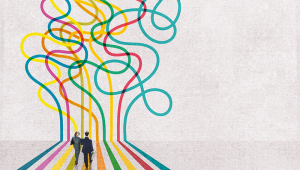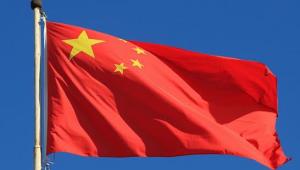Perception and reality are two very different things. How people perceive existing levels of corruption within a country or organisation, for example, frequently do not align with the actual occurrences of corruption. Perceptions of corruption and the reputation of individual countries are influenced by more than a code of conduct.
When countries and governments seek to address the issue of corruption – defined by Transparency International as ‘the abuse of entrusted power for private gain’ – they must look beyond the obvious. Culture and accepted behaviour also play an important role in shaping perception along with media coverage of high-profile examples of bribery and corruption. Other influencers include civil war, terrorism and ethics.
Civil war and terrorism, for example, disrupt the process of good governance within many countries and prevent the application of anti-corruption measures or the adoption of a code of conduct. Often these forces deliberately block anti-bribery and corruption defence mechanisms to ensure a steady flow of revenue to fund their activities. Furthermore, companies operating in these regions may find themselves suddenly exposed to the risk of engaging in bribery and corruption without necessarily intending to in the first instance.
The UK is the only G20 country ranked as one of the least corrupt in the world, according to Transparency Internationals’ Government Defence Anti-Corruption Index (the other is New Zealand). In fact, the UK is leading the way in anti-bribery and corruption measures. However due to high-profile incidences of corruption profiled in the UK media such as, the recent MP expenses scandal and police phone-hacking, the perception is somewhat different. The world currently views the UK as 17th on Transparency International’s Corruption Perceptions Index.
Therefore much needs to be done in the UK to change these perceptions, because the real picture is very different. The first UK Anti-Corruption Plan published in December 2014, for instance, sets out the UK’s current anti-corruption activities, the actions that government will take to tackle corruption, and the priorities for raising international standards and leading the global fight against corruption.
Culture also plays a pivotal role in corruption and its acceptance within a society. In Japan, for example, it is not conventional behaviour to blatantly challenge a board of directors and whistleblowing is not a customary form of tackling corruption. Consequently, when an issue arises, individuals are less inclined to speak up and in fact may try to hide an incidence of bribery or corruption.
Dialogue about the issue of corruption in first-world countries also tends to focus on the problem only existing in the developing world. The developing world faces its own set of challenges in this area with fraud and corruption undermining democracy and the rule of law, as featured extensively by the UN’s Anti-Corruption Day in December. Corruption is not the sole remit of the developing world or war-torn nations. Corruption and fraud are often used to support organised crime, terrorism and other threats to security including online identity theft.
In a recent news release, the CCAB (Consultative Committee of Accountancy Bodies) neatly encapsulated the damage done by corruption: “Money laundering and terrorist financing deprive economies of capital and governments of revenue, distort fair competition in business transactions, betray the trust of stakeholders and, as the recent events across Europe demonstrate, can also lead to tragic human losses.” Finance and fraud professionals need to step up.













